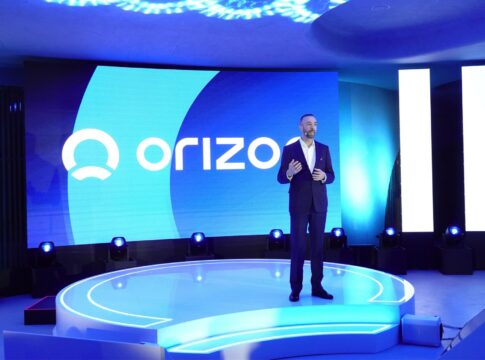Despite the de-escalation of the consumer price index, core inflation and food inflation are still stubbornly high.
According to the Parliamentary State Budget Office, if business profit margins are not contained, tackling inflation will drag on and will require more expensive solutions, i.e. further interest rate hikes on the part of the European Central Bank.
In a report on the course of the Greek economy during the first quarter, the Parliamentary State Budget Office estimated that there will be a significant de-escalation of inflation to 2.3% in 2024 from 4.6% this year. However, it sounded the alarm over inflationary pressures caused by core inflation and food prices.
“The phenomenon has been characterized as ‘greedflation’ and poses new dilemmas. More specifically, the effectiveness of restrictive monetary policy depends more on holding down business profits and less on controlling wage increases. In other words, without shrinking profit margins, reducing inflation to the 2% level will require more time and higher interest rates, with corresponding negative consequences for broader economic activity,” the report said.
The fiscal effects of the de-escalation of inflation this year will also be significant, as the positive effect on public debt as a percentage of GDP will be limited. On the other hand, inflation shows strong differentiation in individual categories of goods and services. The maintenance of high inflation in some basic goods, such as food, increases the cost of living of the most vulnerable households, as a large part of their income is spent on food, and makes it necessary to maintain emergency income support, with corresponding fiscal costs.
The Parliament Budget Office said that lifting of uncertainty and return to normality were preconditions to speed up recovery and regain the investment grade. It noted, however, that pre-election pledges have raised expectations that the government will have to deal with and recommended that any permanent expansionary measures must have safeguarded funding from permanent revenue sources in advance so that fiscal outlook would not diverge from conditions of public debt sustainability.














